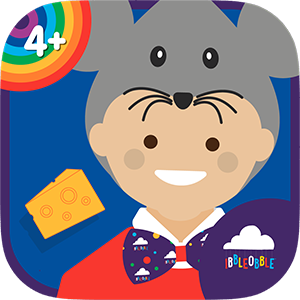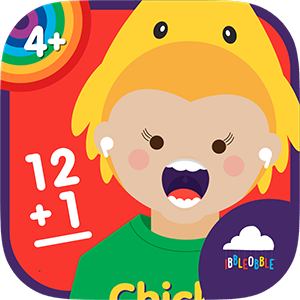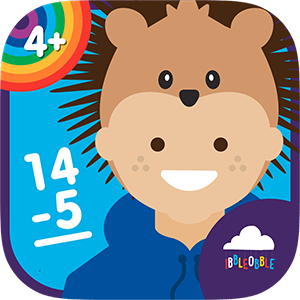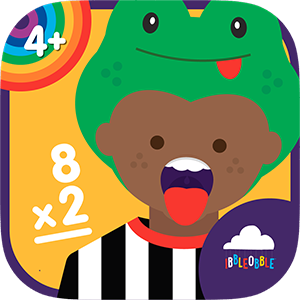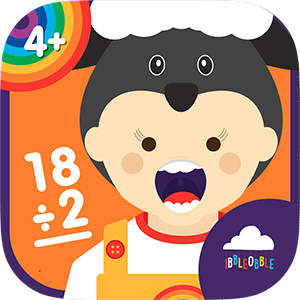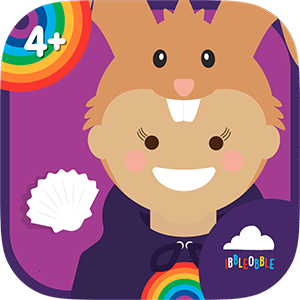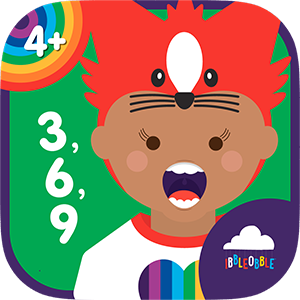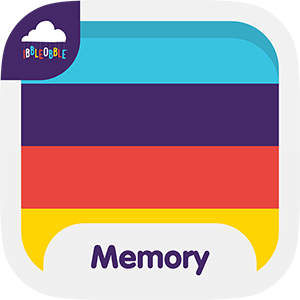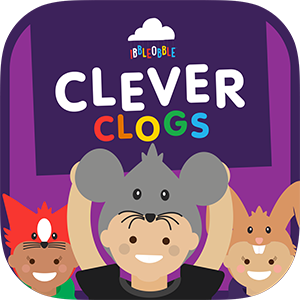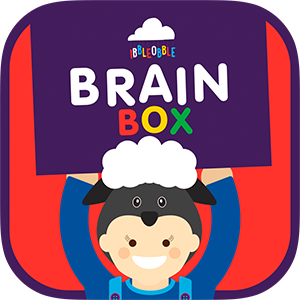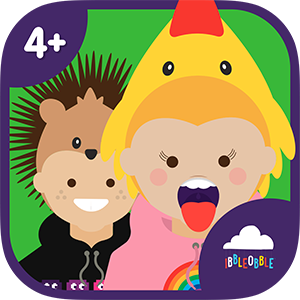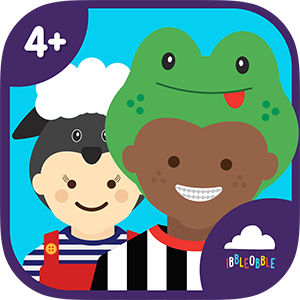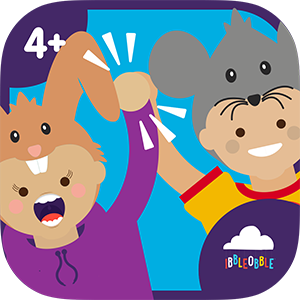One of the first things I have started to notice with the children around me was how capable they are at using the interface of their tablets. It is truly remarkable what children can absorb via the screen.
Parents are now beginning to understand the value of educating via a tablet but, like anything, it’s all about using it in moderation. The tablet can be used as an additional tool in their varied education as opposed to a complete substitute. Nothing comes close to this kind of learning.
I have been fortunate enough to play a very big part in the skills development of my niece and nephew (Lola and Caleb). The first question asked when they come to my house is “where is the I-puter”? This experience heavily influenced my co-creation of the educational apps brand, Ibbleobble.
You can never underestimate how important the tablet is, from helping with core skills development via apps – whether it’s learning shapes and colors or how to bake a cake – to the exploring of the abundance of videos on YouTube. We feel YouTube plays a vital part in acquiring new knowledge every day; from Caleb learning about noises fire engines make to singing and remembering the words to ‘Frère Jacque’ videos!
“Children may not understand everything they see on screen but through repetition and familiarity they soon find comfort in what they are interacting with and ultimately learn and develop from it.”
Paul Jamie Kidd
There are many positives about learning through a tablet. With the extensive choice of applications available to them, children can learn virtually anything. The characters in Ibbleobble each have a different personality who learns in different ways and we celebrate that it’s good to be different. One character, Fin the Hedgehog, is an Intrapersonal learner, which means his strength is to learn things on his own. This is no different with children learning things via a tablet.
Caleb began using the iPad just before he turned three getting him involved at such a young age I feel can only be a good thing. Children may not understand everything they see on screen but through repetition and familiarity, they soon find comfort in what they are interacting with and ultimately learn and develop from it.
Mobiles in moderation
When we first explored the idea of developing our range of apps, it was crazy the amount of negative press smartphones and tablets were getting about how they were bad for children. One article I read spoke about the positives of the tablet in the home. It suggested, parents should see it as a suitable replacement for the television, which still receives bad coverage for the amount of hours children were glued to the TV which was thought to lead them to become ‘anti-social’ and ‘lazy’. One would argue that the tablet has just as a negative influence on children and their behavior… I believe that is that it’s down to having the right balance of activities in a child’s development. Spending time doing social things such as crafts and sports to go alongside time with their tablet is crucial in helping their minds grow. The theory behind our apps encourages active minds as well as active bodies which can be done through friendships and being different.
The huge shift from desktop to tablet, suggests the mobile market hasn’t reached its potential. You can get an app for almost anything and this leads to the market becoming more and more competitive. I like to think our apps will find a place in the market, based on the rounded brand we have. I could have cobbled something together, but there’s much more to Ibbleobble. As for children’s apps, in general, it appears that it isn’t as lucrative as you might imagine. With Toca Boca, a leading children’s app company, posting a profit of £6.1m as opposed to Candy Crush maker King Digital Entertainment making £362 million. It could either mean parents don’t pay for children’s apps, the market is saturated, or the market is yet to be tapped into. There have been murmurs in Apple circles that they plan to release App Store through the Apple TV. This would open up a huge market to explore, especially if they open this up to game development. What an exciting thought?!
Embrace technology
When I was in junior school, there was one computer (an Apple IIGS) per classroom, and you were the envy of your friends if you were selected to have a session on it for good behavior. In stark contrast, some schools now are kitted out with a tablet per child, which may lead to children being more inclined to follow a technical or creative route. You only have to look at ‘Barclays Code playground’ – where children are encouraged to learn code – as a fine example of choice on offer for children growing up in today’s world. Children hate being bored. So apps with bright colours and distinctive sounds and songs all contribute to their stimulation. Long term, who knows if this will shape their career choice but one thing I would say is that the potential for them is incredible.
First published by Web Designer Magazine Issue #240 © Web Designer Magazine

Categorised in: Ibbleobble
This post was written by ibbleobble_paul
